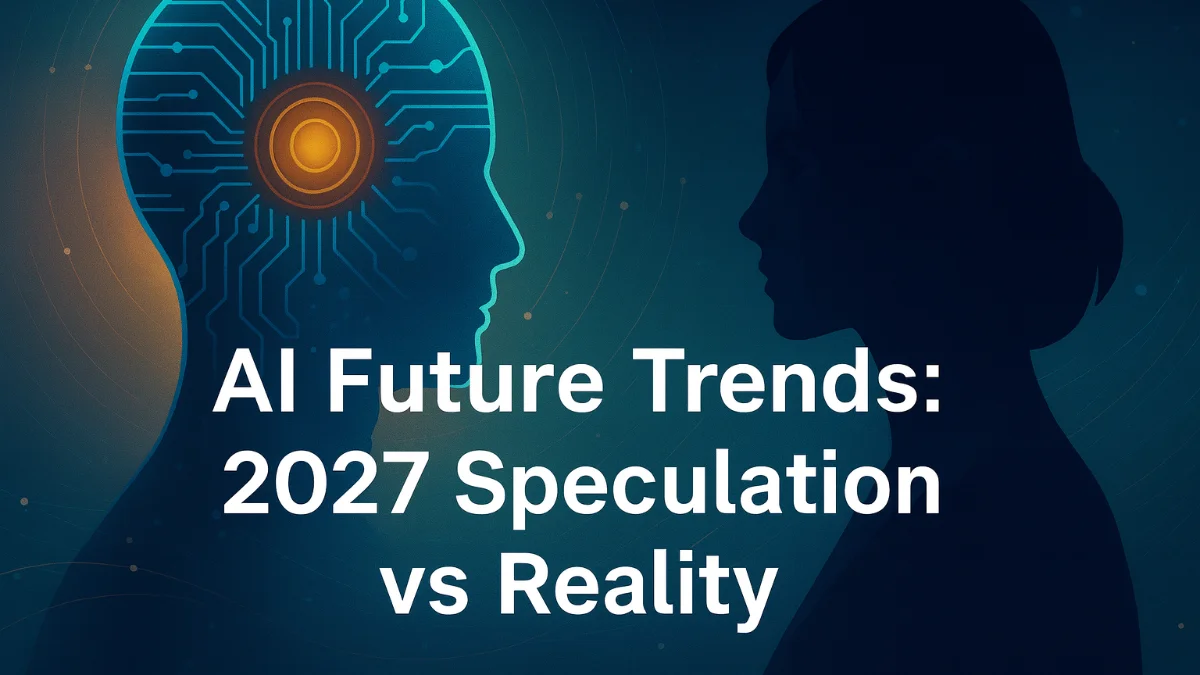There's been considerable buzz around the recent AI 2027 article published by former OpenAI researcher Daniel Kokotajlo and colleagues, and I wanted to share some thoughts on it.
While intriguing and imaginative, the piece strikes me more as speculative fiction than a rigorous forecast. Don't get me wrong—AI is absolutely transformative, and many predictions about advancements like reliable autonomous agents seem plausible. However, a few points stood out to me:
- Timeline Realism: The authors' projected timeline feels overly ambitious. Although hitting key performance benchmarks in the next 5-8 years seems feasible, practical barriers—such as infrastructure limitations and logistical complexities—will inevitably introduce stops, starts, and uneven global distribution.
- Speculative Politics and Geopolitics: The article's specific assertions about global adaptation, political shifts, and China's trajectory appear speculative at best. China, while undeniably influential, faces its own complex internal and external challenges. Predicting detailed geopolitical outcomes based purely on AI advancement is inherently uncertain.
- Tone of Alarm: The authors, self-identified as AI doomers, lean heavily toward anxiety-inducing scenarios—treaties, agreements, and existential threats. While caution is prudent, such stark predictions can overshadow equally plausible, more optimistic possibilities. AI represents not just new technology, but potentially a fundamentally new paradigm of intelligence. It's conceivable that an emergent AI, genuinely intelligent and aware of concepts like Nash Equilibrium, might opt for collaboration over competition. History tends toward interoperability rather than isolation.
The future of AI is undoubtedly fascinating and deeply uncertain. I believe in times of change that managing anxiety is a top shelf skill for any leader. The worst case scenario is almost never the one that happens. Even if it does, we will have to shoulder the burden of the change as best we can. If that happens, so be it but let's not pay the pay the price of the fear mongering about tomorrow and focus on the present.
You can read the full article here: AI 2027.
I'm curious—what's your take? Do you think they're onto something, or have they missed the mark?
